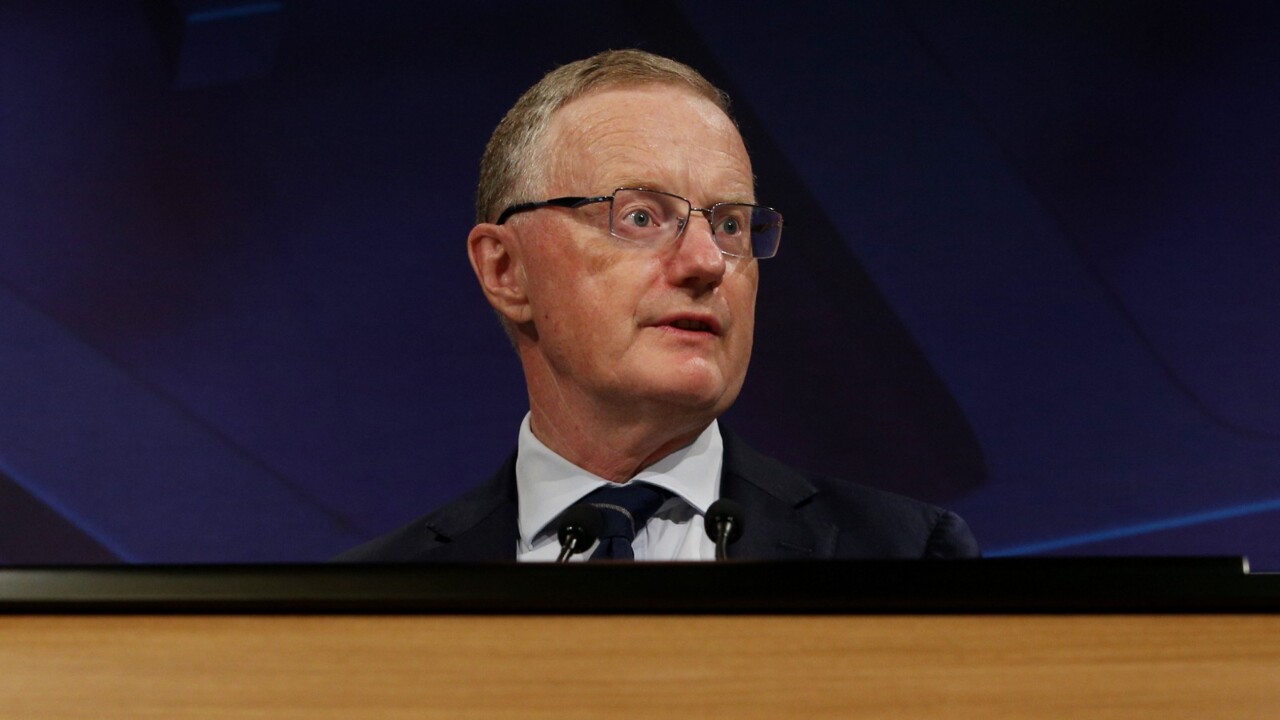PwC tax scandal: Why the consulting business model is ripe for disruption
Private equity senses a big opportunity in the demise of scandal-hit PwC.

The new owner of PwC’s government consulting arm believes many of the problems of scandal hit firm can be traced back to the highly conflicted business model that underpin the big four auditor firms. Politicians and the public are demanding for something to change and for Allegro co-founder Adrian Loader this means it is ready for disruption.
And this is exactly why Loader is making a bet on an unloved consulting business that has watched its client list quickly evaporate amid a major tax advice scandal.

Loader says it is clear the partnership structure that gives rise to conflicts – simply doesn’t work. As a one-stop shop, PwC had been trying to win new business from government clients, while the same firm was wooing commercial businesses. Decisions by governments can have significant impact on commercial clients. Likewise the incentive on PwC partners to cross-sell while walking a straight line between the groups is intense.
“We’re calling for a new business model,” Loader tells The Australian. “The existing consulting model does not work in the Australian context. There’s too much complexity and opportunity for conflict”.
“The industry needs to change”.
Indeed, Loader sees his role as offering “transformation capital” that can help an inherently good businesses – albeit tainted by a broader scandal – clean up its act.
Allegro this week secured a binding agreement on the sale of PwC government consulting arm, which is to be renamed Scyne Advisory counts around 1750 staff and 130 former partners of the audit firm.
Highlighting the limited options ahead of it, Scyne was sold at the token price of $1, however Allegro has committed to spend another $100m over coming years as part of a full rebuild and separation from PwC.
The deal was pulled together in just under three weeks, a remarkable turnaround for an acquisition that comes with significant complexity and the potential for reputational hits.
The business generates around $700m a year in revenue, representing some 20 per cent of PwC’s Australian business. There are likely to be more sales of PwC business units in coming months as clients shun the firm.
The transaction, foreshadowed by The Australian’s DataRoom column, covers all of PwC’s consulting operations that extends to both state and federal governments and agencies as well as healthcare and government owned enterprises. The tax advisory operation at the heart of the PwC scandal is not part of the transaction.
No conflicts
With dozens of government agencies already declaring they intend to cut ties with PwC, the biggest test will be to convince new and existing clients they are not importing problems into a new firm.
Loader said for the new business to work, it needs to have some clear rules.
“It’s got to be independent from PwC, solely focused on the public sector, have clear differentiated offerings from the big four competitors, and really, importantly, have an ASX-level of governance and public sector code of conduct standards”.
This includes an ASX-style board with independent directors and independent chairman. Allegro has named ex-Federal Court judge Andrew Greenwood, will join the board. As part of this, Greenwood will form a probity and conflict committee to review all the staff to be part of the new firm to ensure there are no conflicts and staff have the highest standards.
Late Tuesday The Australian’s Margin Call column revealed former Victorian premier and La Trobe University chancellor John Brumby was in talks to become Scyne’s new chair.
While backing consulting firms is relatively new ground for private equity, Loader says Allegro has plenty of experience with investments in businesses built around “people capital”. This includes the former ASX-listed law firm Slater & Gordon acquired this year. Previous deals have included the turnaround of former doctors partnership I-Med network and part of the Australian-based commercial lending book of Bank of Scotland International. For Allegro its investment horizon is usually three to five years.
Loader has started reaching out to government clients of PwC to let them know of changes underway at Scythe. He says it is important they understand that this is a new business, with stronger protections in the market of any of the big four audit firms when it comes to conflicts.
He says there is an ongoing role for consultants to continue to work with the government, particularly when it comes to high end or very specialised expertise. PwC’s business was previously one of the market leaders in the field working with governments through areas like cybersecurity, the Covid-19 response to helping also manage organisations through natural disasters.
“The work that they do is really important and we’re talking 1750 jobs here”.
“Because of the type of work that they do, it’s not really Australia’s interest for this business to fail. If that’s the case, people are really saying that having a big three service rather than a big four is the way forward, and we don’t think that’s what everyone’s calling for,” Loader says.
After navigating the hurdles another major challenge will come through the retention of staff. The partnership structure has persisted for a reason in professional services firms given it offers lavish perks during and post-employment to those lucky enough to have been made a partner.
Scythe will have long-term remuneration structures in place with equity to vest over years. In addition, partners will be known as managing directors. Here Allegro and Scythe are also breaking new ground and time will tell whether the incumbent turned disrupter can keep its top talent.
Costa blinks
From problematic citrus crops, slow mushrooms to raspberries that have simply fallen short, Costa Group’s disappointments over the years have triggered some of the most brutal share price collapses on the ASX.
Indeed, the ASX-listed horticulture major has a habit of surprising on the downside, mostly on the whims of the weather or consistency of its tomatoes and this has made it ripe for picking from private equity.
US specialist agri-investor Paine Schwartz is now pushing ahead with exclusive due diligence on Costa for a potential $1.6bn bid. The offer is pitched at around 10-times 2024 forecast earnings and is still subject to a number of conditions including foreign investment approval and is yet to be endorsed by Costa’s board.

However the bid that has been a long time coming comes back to the perennial issue haunting Australian agribusiness, share investors are just not used to the highs and lows of cycle. For those that are prepared to be patient and take a longer term view it generally pays off. Costa for one has been highly cyclical its shares touching a low of $2.00 last November compared to Paine’s $3.50 a share on offer.
Costa may have blinked at one of those low cycles instead of playing hardball with Paine. There have been contested bids from salmon farmer Huon while Macquarie and Roc Partners battled it out for Vitalharvest. However this may be complicated by Paine last year building up a 13.8 per cent stake.
Still Costa is in the process of evolving from a producer that grows and deliver producer to one expanding in genetics sitting on to portfolio of exclusive plant IP to provide an additional income stream.
The varieties also help insulate it from climate. It is now trialling growing blueberries at more temperate climates and growing avocados without the need for soil. Genetics means it can supply European market around the year from farms in South Africa.
It has growing operations around the world, including a growing footprint in China.
The biggest near term challenges for Costa are water and weather. The two are linked. Climate is changing and it faces a substantial investment spend ahead to ensure it can keep yields consistent as Australia moves into a dry El Nino event. The question is will Costa’s share investors look through this cycle to harvest the longer term returns.
johnstone@theaustralian.com.au
More Coverage
Originally published as PwC tax scandal: Why the consulting business model is ripe for disruption









